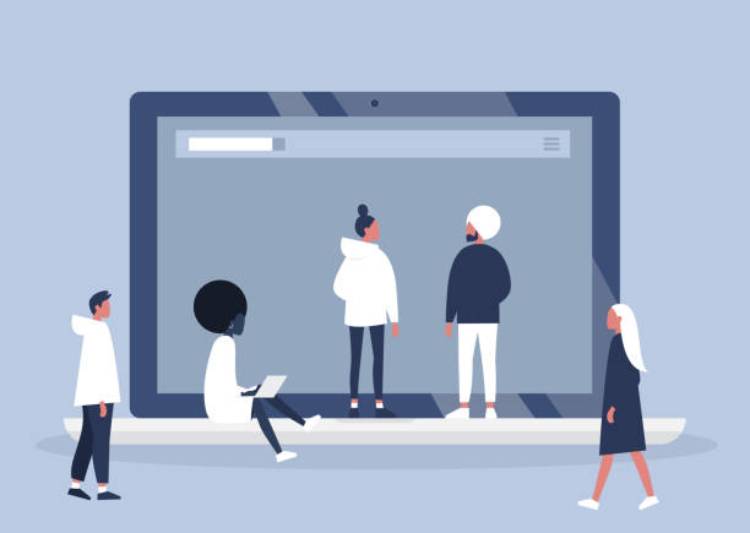×
The Standard e-Paper
Join Thousands Daily

They make up to 24 per cent of the total global workforce. Born roughly between 1996 to 2015, they have witnessed the Great Recession.
They are living in a season that has experienced great unemployment, environmental crisis, political and civil unrest.